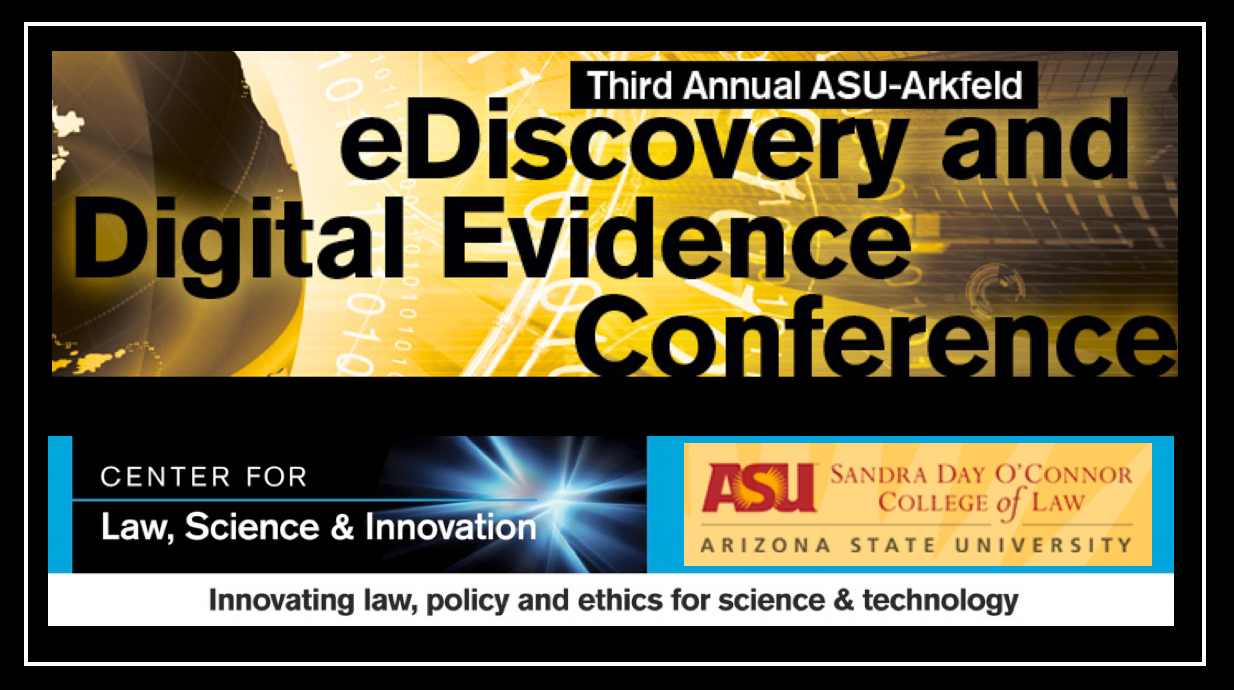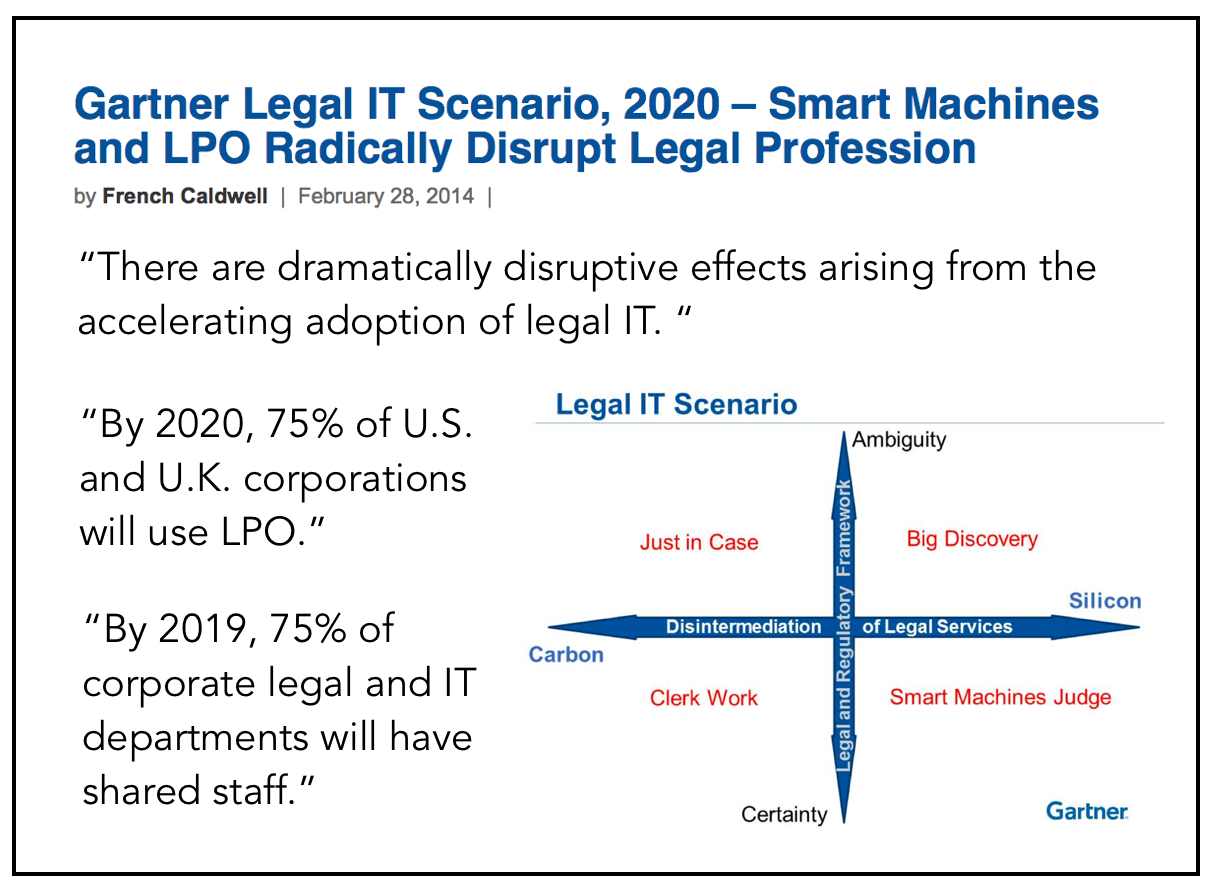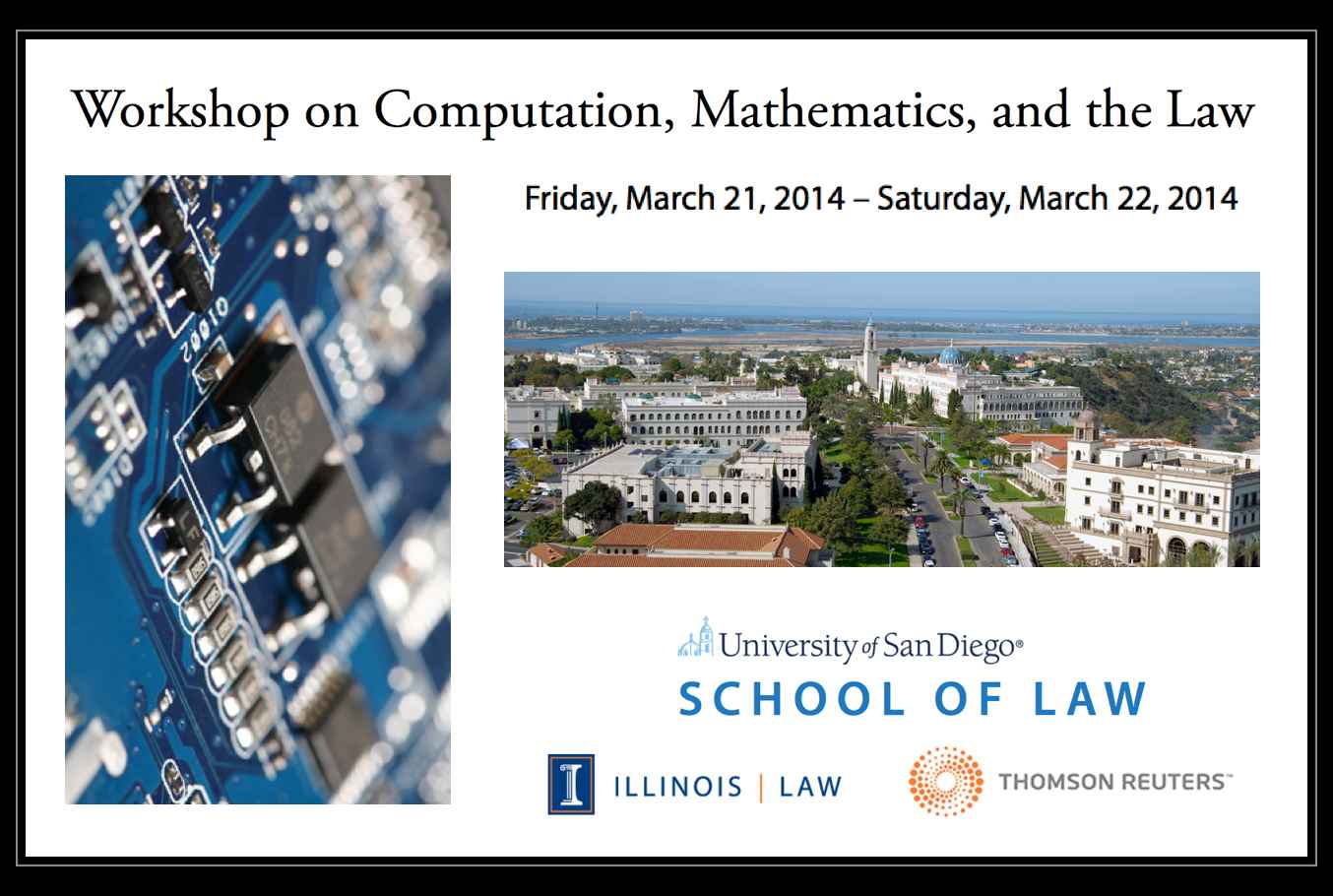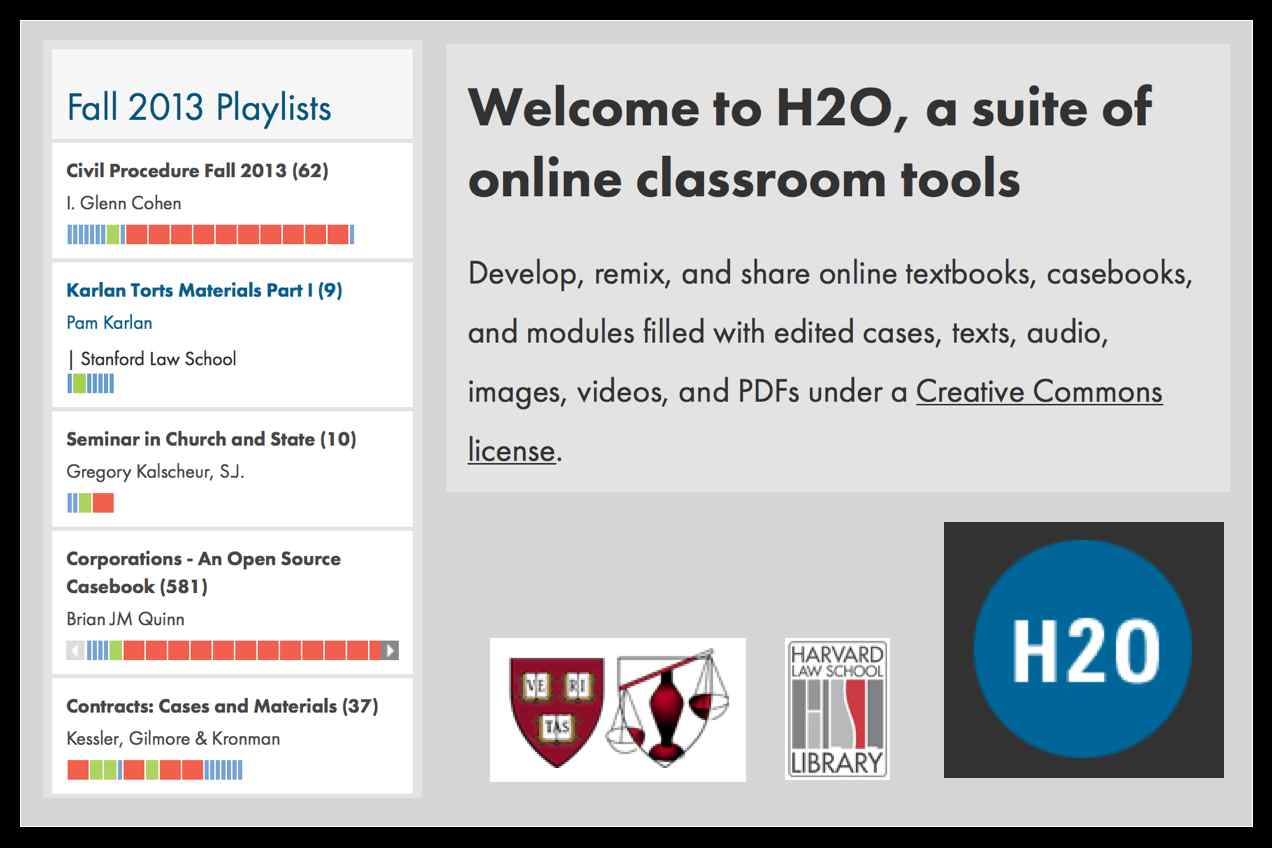Month: March 2014
Making a Living By Giving Away Things for Free (via Sarah Glassmeyer)
Helpful words of wisdom offered by Sarah Glassmeyer from CALI to the students in yesterday’s ReInventLaw Entrepreneurial Lawyering Workshop here at Michigan State.
ASU – Arkfeld Electronic Discovery Conference
 Yesterday I had the pleasure of providing the concluding remarks at the ASU – Arkfeld Electronic Discovery Conference in Tempe, Arizona. It was a really good mix of practicing lawyers, judges and technology providers in the room. Kudos to Michael Arkfeld, Josh Abbott and the rest of the planning committee for a great conference!
Yesterday I had the pleasure of providing the concluding remarks at the ASU – Arkfeld Electronic Discovery Conference in Tempe, Arizona. It was a really good mix of practicing lawyers, judges and technology providers in the room. Kudos to Michael Arkfeld, Josh Abbott and the rest of the planning committee for a great conference!
The Forum on Legal Evolution – NYC 02.26.13

Last week Bill Henderson, Bruce MacEwen and Daniel Martin Katz convened the first Forum on Legal Evolution – a small invitation only forum – for leaders from across the legal supply chain (General Counsels, Law Firms, Legal Technologists, Legal Media, Legal Educators, etc.). It was a good mix of members of the AM 200, GC’s of large companies, strategically important technology providers, etc. The primary focus of this first forum was three-fold: (1) change management and the diffusion of innovation, (2) process engineering and process improvement and (3) big data, legal analytics and machine learning in law practice (katz+bommartio slides are available here).
Aric Press from The American Lawyer offers a short write up of the event here.
Brian Dalton from Above the Law offers his perspective here.
Gartner Legal IT Scenario, 2020 – Smart Machines and LPO Radically Disrupt Legal Profession (via Gartner IT)
 The report offers a number of predictions including those quoted above and “by 2018, legal IT courses will be required for the graduates of at least 20 U.S. Tier 1 and Tier 2 law schools.”
The report offers a number of predictions including those quoted above and “by 2018, legal IT courses will be required for the graduates of at least 20 U.S. Tier 1 and Tier 2 law schools.”
While that would be sensible idea given the emerging opportunities in the legal market, I doubt that this will happen by 2018. Indeed, I would predict that somewhere between {0-2} law schools will make such the move of making such content mandatory by 2018. The ability to teach such a course is almost never a recognized hiring priority or hiring qualification that institutions are seeking (see here here here, etc.). Instead, law schools and faculty hiring committees typically focus on hiring for existing or perceived institutional needs. Even when institutions focus on the so called “best athlete” model of hiring … legal technology, etc. typically does not constitute a relevant dimension of the question. In other words, as I said in my MIT School of Law slide deck (and paper) the best athlete model depends upon what sport we are playing.
I am proud to be one of the few tenure track faculty members who actually teaches such courses inside a law school environment (legal technology / legal information engineering, quantitative methods, e-discovery, entrepruenerial lawyering, legal analytics, etc.) Among the existing institutions, there are strong and weaker version of the above courses. However, minus a few notable exceptions, most institutions do not have faculty members with the technical chops that are necessary to effectively teach such course(s).
The intersection of law+technology is one of the growth sectors within legal and as such it is a very exciting time to work in this area. Arbitrage opportunities are temporal in nature and given the highly competitive environment among law schools, it does not bother me if other law schools do not make this a priority. It allows those of us who are so inclined to build relationships with the leading folks in this emerging industry sub-sector before it lands on the radar of others.



